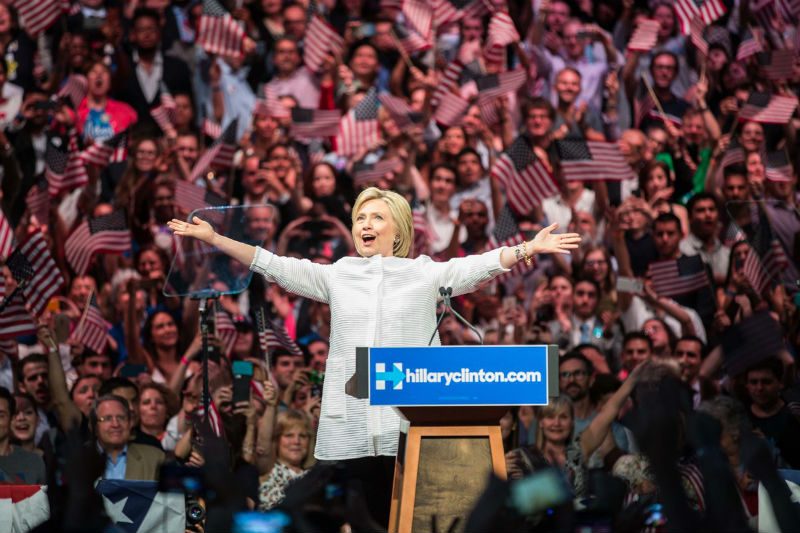First woman in U.S. history to head major ticket.
I like to think they are smiling.
I like to think they are cheering.
Victoria Woodhull and Shirley Chisholm were the first women to run for president in America. Woodhull ran in 1872 on the Equal Rights Party ticket. Chisholm, the first black woman elected to Congress, was the first to run on a major party ticket. The NY Democratic Congresswoman ran for president exactly a century after Woodhull, in 1972.
On June 7, after resounding wins in California, New Jersey, New Mexico and South Dakota, Hillary Clinton won the Democratic primary with enough votes, pledged delegates and super delegates to head to the Democratic National Convention in Philadelphia at the end of July as the presumptive nominee.
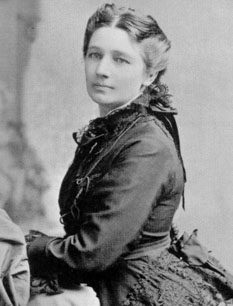
Within minutes the hashtag #HistoryMade was trending.
After the formal nomination at the convention, Hillary will face Republican nominee Donald Trump for what will be a general election like none we’ve ever witnessed before. As I noted on Twitter after Hillary gave her victory speech in Brooklyn, the most diverse group of voters in American voting history chose Clinton as the first woman to ever win a party nomination; the whitest and least diverse group of voters in American history chose a racist billionaire who wants to take the country back 50 years as theirs.
Thank you #ShirleyChisholm for paving the way for tonight’s momentous achievement by @HillaryClinton! Now the REAL WORK begins! #ImWithHer
— Angela Bassett (@ImAngelaBassett) June 8, 2016
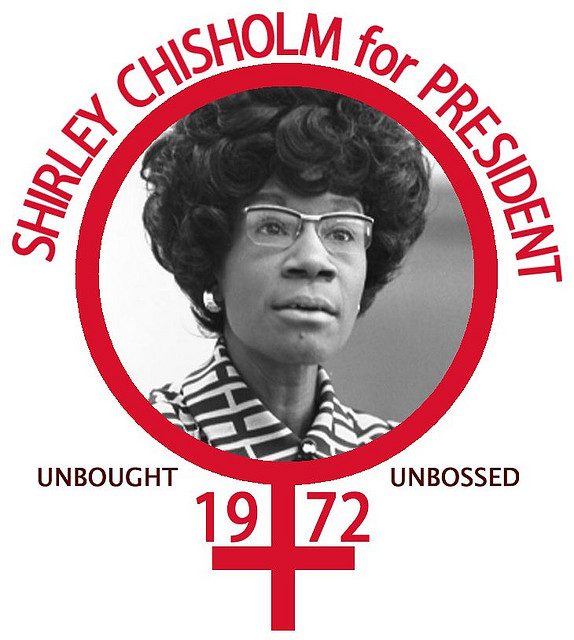
The primary season has seemed interminable for those of us who have been covering the election and writing about it. When Hillary Clinton announced her run for president in April 2015, I wrote “Hillary Clinton Is Running for President–and Misogyny Is Running Right Along with Her” after her announcement was greeted less than warmly by the media.
Last September I asked whether America was too misogynist to elect a woman president. Friends abroad asserted there was no Western nation as misogynist as the U.S. A black woman writer, one of my closest friends over the past 15 years, told me that in 2008, for the first time in her life, she realized that misogyny ran even deeper here than did racism.
“And my whole life has told me America is racist to the core,” she added, for emphasis.
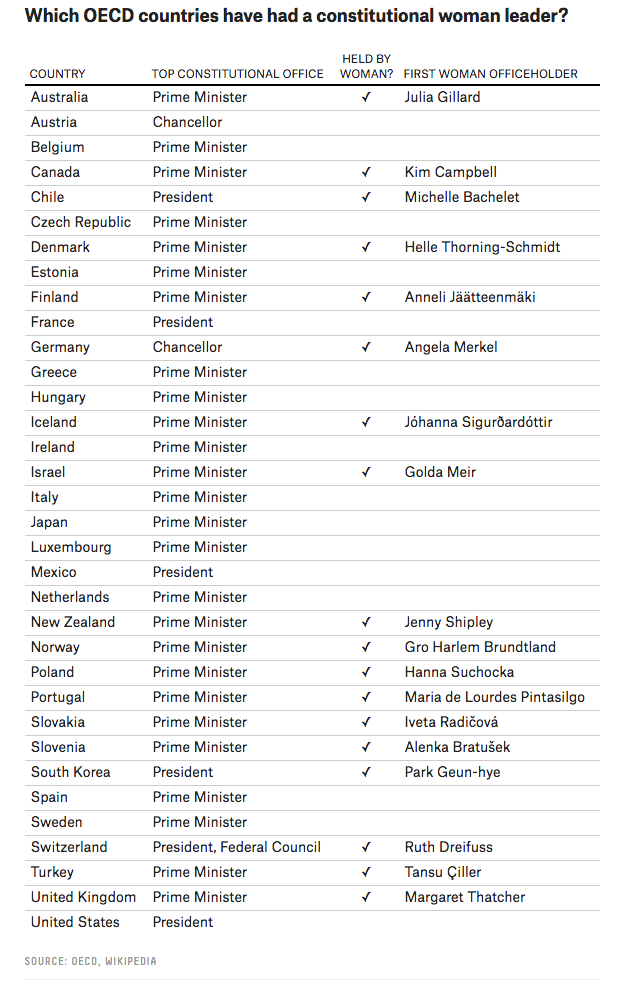
This primary has born out the breadth of that misogyny as article after article dismissed or denigrated Clinton, who was always the frontrunner in the entire race. No other candidate, including Trump and Sanders, even got close to her in votes. By June 7 she was still the all-time biggest vote-getter in a Democratic primary, having won 18 million votes in 2008 and 16 million in 2016. (Obama received several hundred thousand fewer votes than she in 2008; Bernie Sanders received 12 million votes in 2016.) Several studies showed she had received more negative media/press than any other candidate, including Trump, who Politifact noted had lied more than 90 percent of the time when speaking to the press or at debates or rallies.
When Hillary Clinton won Iowa the historic aspect of the win was utterly ignored by both the press and her opponents. Instead the media suggested she should have won bigger and better.
Front pages from around the country on a big day. https://t.co/bNrJXn967S pic.twitter.com/JA2R2R9drQ
— Hillary Clinton (@HillaryClinton) June 8, 2016
And so a part of me never thought we would get here.
Here.
On the cusp of electing our first woman president.
Here.
On the cusp of breaking through the highest and hardest glass ceiling in America.
Here.
A part of me never thought we would get here because we never have before. A part of me never thought we would get here because even when it became mathematically impossible for Bernie Sanders to win the primary back in March when Hillary won all the states in the primary, he didn’t drop out of the race, he kept talking about momentum and kept having huge rallies that were more like festivals with concerts and Hollywood stars.
Even though I knew the math was on Hillary Clinton’s side, Bernie Sanders kept saying there was a path. And because he was a man and she a woman, I believed him.
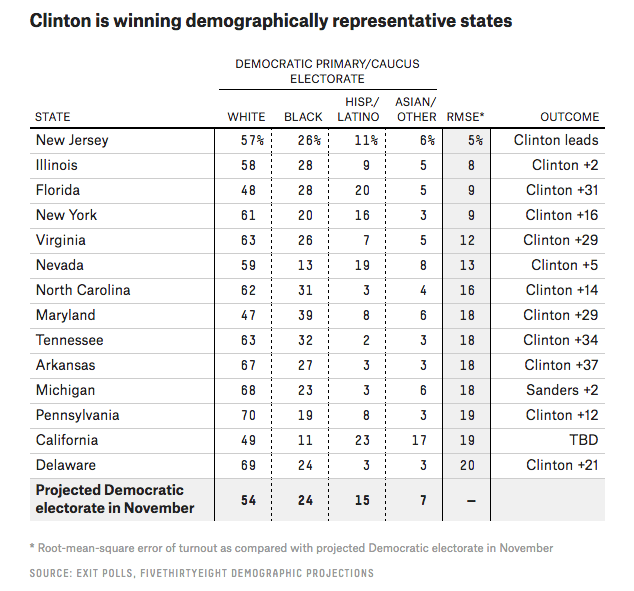
I got most anxious after the blowout in New York and the rout of the Acela Primary. That’s when Sanders started talking about super delegates and getting them to choose him over Clinton and I began to worry that might happen. I began to worry if, despite the fact that Hillary was millions of votes and pledged delegates ahead, despite the fact that voters were choosing her over him, the super delegates might look at those big rallies and forget that Clinton liked small venues where she could talk to people one-on-one and that she had made a conscious decision to do so. I began to worry if the super delegates might decide to be as dismissive of her lead as her opponent was.
It wasn’t that I doubted Hillary’s ability to win. It was that I doubted the system that has always favored men over women for nearly three centuries in America, the system that wouldn’t even give us the vote until 1920 and even then only by a constitutional amendment, the system that still didn’t pay women equally with men more than 60 years after John F. Kennedy signed the Equal Pay Act of 1963, that system would find a way to cheat us of the first woman presidential nominee in the same way it had cheated us of a quarter of our paychecks for more than 50 years.
Speaking is hard for me. But come January, I want to say these two words: “Madam President.” #ImWithHer
— Gabrielle Giffords (@GabbyGiffords) June 8, 2016
Friends and colleagues told me not to worry, that Hillary would prevail – Anita Finlay, who had written a book about the 2008 election and kept telling me we had this; Propane Jane, the black blogger and doctor whose tweets tear up Twitter every day as she deconstructs race and class and takes white supremacy to task who kept saying we had this; Mary Oden, who disguises herself as a gentle mother and grandmother, but is a fierce African American feminist who would appear every time I would waver and say we had this; my friend Sunny Singh, a world-renowned writer and feminist who has lived everywhere, speaks myriad languages and knows politics from a global vantage point–all these women, especially women of color, told me it would happen.
The 48 hours before her speech had been fraught with anxiety. I watched the polls in Puerto Rico on Sunday as they came in maddeningly slowly: it was a rout – Hillary won in a landslide. On Monday she was within striking distance – Tuesday was going to be awesome. My wife came home from teaching on Monday night and said simply, “No one realizes how big this is. No one realizes how much this means.”
But then in the afternoon Sanders had a sharply testy exchange with New York Times reporter Yamiche Alcindor when she asked him if it was sexist for him to stay in the race when the party was close to nominating the first woman for president. Sanders dismissed the question and Alcindor trolled mercilessly on Twitter by a plethora of Bernie Bros, calling her stupid and worse.
Yet even some other women seemed to think her question was out of line.
When did it become out of line for female reporters to ask questions impacting the lives of women?
A few hours after this incident the Associated Press announced Hillary had captured the nomination by polling super delegates and social media blew up – Clinton herself seemed rattled by the announcement, likely thinking it might suppress votes she still needed. She told a crowd they were poised to win – but urged people to vote.
The AP call led to suggestions that Clinton herself was trying to keep people from voting and even the New York Times wrote in its editorial about her becoming the presumptive nominee that she had to “prove” that she won legitimately–a shocking suggestion.
Tuesday New Jersey was called early – less than an hour after the polls closed. Clinton had won huge there and the delegate count gave her the magic number in pledged delegates. She went on to win South Dakota, New Mexico and California, the biggest state in the country, which she had also won – but to no avail – in 2008.
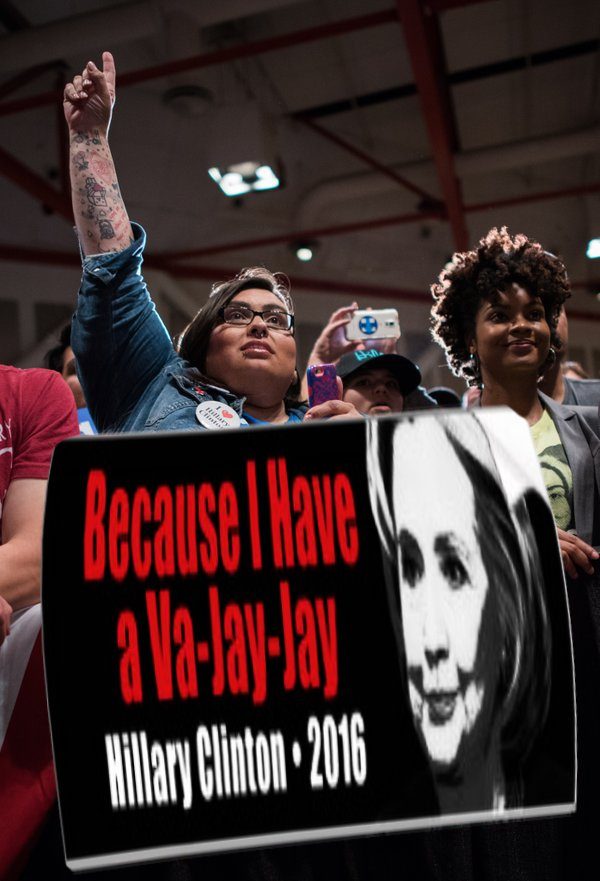
My wife and I were home eating pizza and listening to the pundits ramble as we waited for Hillary to come out on stage. When she did arrive the emotion flooded over me in a way I could never have imagined.
In 2008, when Barack Obama was elected, I was emotional for days. My parents had been civil rights workers. I had voted for many black politicians before, both in Philadelphia, which is 66 percent black, and in New Orleans, which was 70 percent black when I lived there.
But like everyone else in America, I had never voted for a black candidate for president. I felt like I had participated in helping the country turn the page on a long and violent history of racism. I could only imagine how black Americans felt.
The opening video to Hillary’s speech, with pictures from the suffrage movement’s Seneca Falls Convention in 1848, set the tone: #HistoryMade. The invisibility under which women have suffered for centuries was drawing to a close.
Let’s keep making history, together.https://t.co/7IIvZVW3HY
— Hillary Clinton (@HillaryClinton) June 8, 2016
When Clinton came out she took a moment to look at the massive crowd. Her hand was on her heart. We can only imagine what it felt like in that moment to be her – to be making history. Then she opened her arms wide, as if to embrace the crowd and cheers rang out.
WATCH: @HillaryClinton gets emotional as she looks out over cheering crowd before her speech with @DavidMuir. https://t.co/wS1gEeChnO
— Good Morning America (@GMA) June 8, 2016
Clinton has been excoriated repeatedly in the media for “shouting,” yet she was surprisingly quiet. Her voice carried through the excited crowd as she thanked everyone and talked about the history being made by her nomination, as well as her platform for the future.
It was impossible to keep from weeping. A century ago my maternal grandmother had been a teenaged suffragist, chaining herself to the White House fence, determined to win the vote for herself and other girls and women. Watching Hillary on that stage I wished my grandmother could have seen that moment – the culmination of what her youthful self had fought so hard for.
The idea that HRC must be 100% perfect in order for her achievement to count as historic or laudable is a great metaphor for being a woman.
— Chloe Angyal (@ChloeAngyal) June 7, 2016
Hillary’s speech was good—I felt hopeful at the end. I felt that there was a bright future ahead of America with her at the helm, building on the progressivism set in motion by President Obama. She even made a reference to LGBT people in her speech. Our rights would not only be protected, but the person who had made the world-altering speech in 2011 in Geneva as Secretary of State that gay rights were human rights, and the person who had made the world-altering speech in 1996 that women’s rights were human rights was now only a few months away from possibly/probably being the first woman president in U.S. history.
Hillary’s speech was part embrace of her voters and supporters, part policy speech and part celebration of history. But what it was for everyone watching was a speech of inclusion: of women and men, girls and boys, people of all races and ethnicities, straight and LGBT, disabled and not, wealthy and poor and in between. It was a speech of inclusion and the love and kindness she espouses as her mantra.
In watching her speech, in the years since 2008 when she lost, the months since the primary launched and the days since the countdown to Hillary’s nomination began in earnest, I had never thought about what it might be to have a woman president. In several hundred articles that I have written about this election cycle since April 2015, I never once actually thought about what would come next.
When it was over, I was left with the feeling something was different and would remain forever changed. That glass ceiling Hillary had referred to in 2008 and again in her victory speech had been broken.
-e1609049029547.jpg)
People have spoken about what it means for girls to know they could be president. What is not discussed is what it means for grown women to envision a White House in which the president, the person making decisions for the nation and in some cases, the world, is also a woman.
It means everything.
The prospect of Hillary Clinton as president, with a Cabinet that is 50 percent women, is both awesome and awe-inspiring.
Women would be seen for the first time in American history.
Hillary Clinton is smart and laser-focused. She has a bigger and better resume than any presidential candidate in modern memory. She knows foreign and domestic policy better than any candidate. She has big plans for the country and for us. Most of all, she has empathy.
What the next few months will bring is anyone’s guess. What is clear is what Hillary said in her speech: She has our backs. And I believe her.
